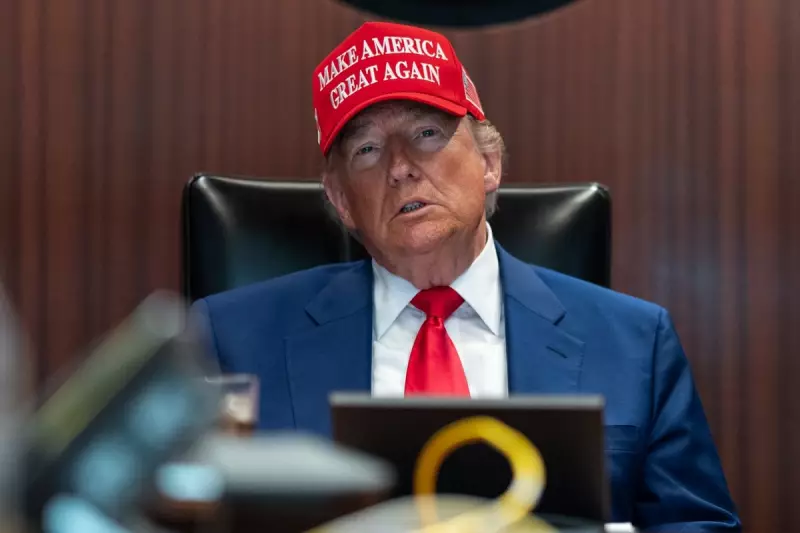
Former US President Donald Trump has sent shockwaves through the international community with a controversial claim about how he would handle NATO obligations if he returns to the White House.
Speaking at a campaign rally in South Carolina, Mr. Trump recounted a conversation he alleged took place with the leader of a 'big country' who asked if the US would still protect them from a potential Russian invasion if they were 'delinquent' in their defence payments.
'No, I would not protect you,' Mr. Trump claims to have responded, adding a threat that has left diplomats aghast: 'In fact, I would encourage them to do whatever the hell they want.'
A Direct Challenge to NATO's Core Principle
The anecdote, presented by Mr. Trump as a demonstration of his tough negotiation skills, strikes at the very heart of the North Atlantic Treaty Organisation's founding principle: Article 5's collective defence clause. This principle states that an attack on one member is an attack on all.
By suggesting he would greenlight Russian aggression against allies he deems financially delinquent, the former president presents a radical departure from seven decades of US foreign policy, regardless of whether the party in power was Republican or Democrat.
White House and NATO Response
The response from the current administration and the alliance itself was swift and severe. A spokesman for incumbent President Joe Biden called the remarks 'appalling and unhinged', stating they 'endanger American national security, global stability, and our economy'.
NATO Secretary General Jens Stoltenberg issued a statement pushing back firmly against the former president's rhetoric. 'Any suggestion that allies will not defend each other undermines all of our security, including that of the US,' Mr. Stoltenberg said, emphasising that such talk 'puts American and European soldiers at increased risk'.
The Context of the Ukraine War
These comments arrive at a critically sensitive moment, nearly two years into Russia's full-scale invasion of Ukraine. Western support for Kyiv has become a cornerstone of the current geopolitical struggle, and Mr. Trump's statements are seen by many as a gift to the Kremlin.
President Vladimir Putin has long sought to sow division within NATO, and analysts suggest Mr. Trump's rhetoric aligns perfectly with Moscow's strategic goals of weakening the Western alliance.
The incident is likely to fuel ongoing concerns in European capitals about the reliability of the United States as a partner should Mr. Trump win the next presidential election.





